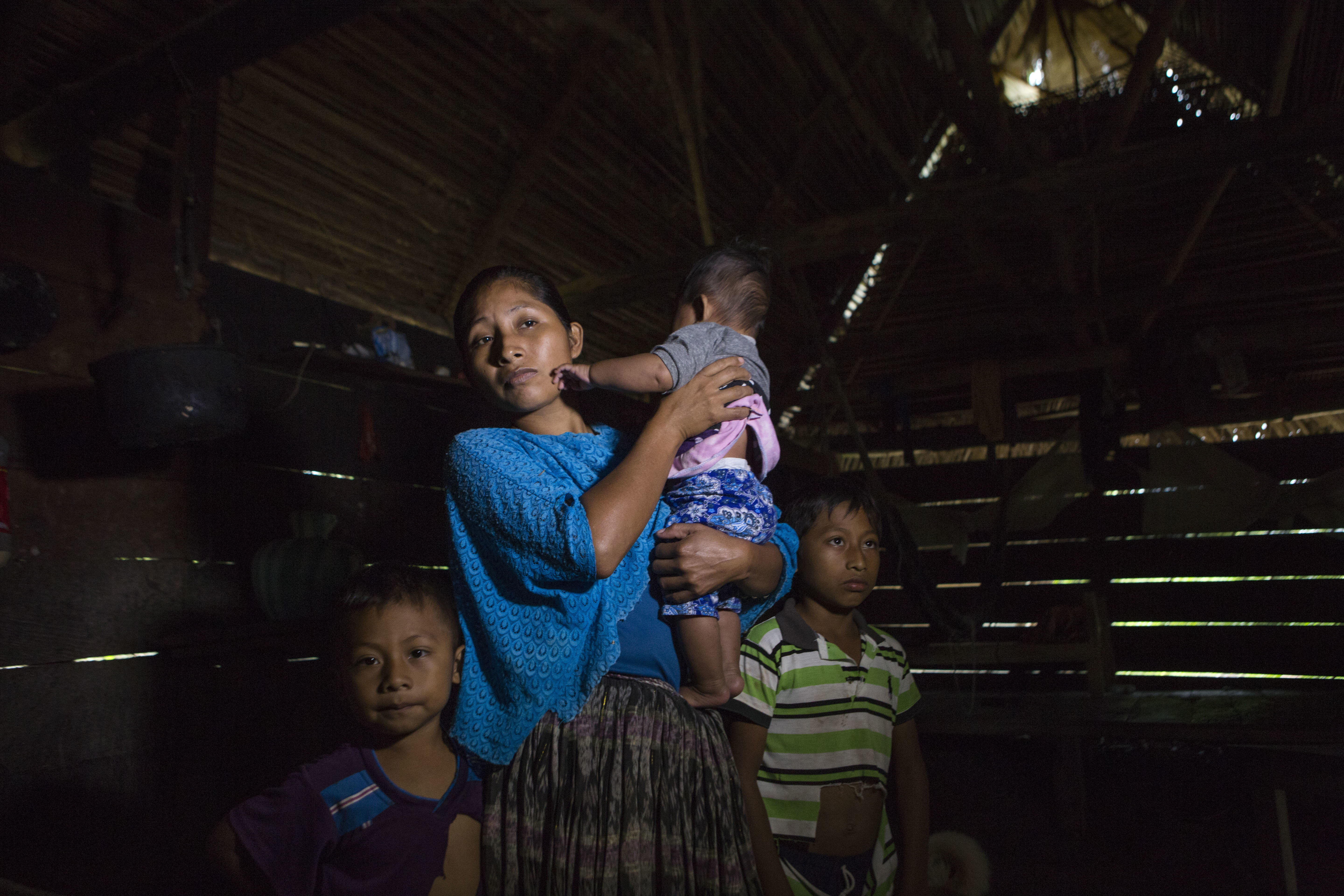EL Paso: The father of Jakelin Caal Maquin, the seven-year-old Guatemalan girl who died in US custody this month, disputed on Saturday the assertion by authorities that his daughter had not eaten or had water for several days before being detained by the Border Patrol.
Jakelin’s father, Nery Gilberto Caal Cruz, “made sure she was fed and had sufficient water,” Caal Cruz’s lawyers said in a statement read by Ruben Garcia, director of a shelter in El Paso that serves recent border crossers. The shelter, Annunciation House, is caring for Caal Cruz.
The girl’s family said it was seeking an investigation of her death. The family’s lawyers also pointed out that the El Paso County Medical Examiner’s Office, which is conducting Jakelin’s autopsy, had not yet released a cause of death.
The dispute reflects a ratcheting tension over the death. Immigration activists say the expansion of the Border Patrol under President Donald Trump is pushing immigrants into more remote territory, making crossing far more perilous. At least 412 migrants were found dead along the Southwest border in 2017, up from 398 the previous year.
The Trump administration has said its policies did not contribute to Jakelin’s death, claiming instead that Caal Cruz was to blame for taking his daughter on the journey. Internal investigators with the department of homeland security are examining whether Border Patrol agents followed proper procedures after taking Jakelin into custody.
More details are emerging about the hours before Jakelin’s death, which was first reported by The Washington Post. In a statement, the Border Patrol defended its handling of the case, contending that its agents did “everything in their power” to provide emergency medical care for Jakelin.
The Border Patrol had said in an earlier statement to The Post that Jakelin “reportedly had not eaten or consumed water for several days.”
Jakelin and her father were detained at 9.15pm December 6, the Border Patrol said, as part of a group of more than 160 migrants who had crossed the border in a remote stretch of desert near Antelope Wells, in the Bootheel region of New Mexico.
The Border Patrol said Caal Cruz had claimed in an English-language form that his daughter was in good health.
Caal Cruz’s lawyers said he does not understand English, and it was “unacceptable” for him to have had to sign forms in a language he does not speak. His first language is Q’eqchi’, a Mayan language spoken in Guatemala and Belize.
The Border Patrol said Caal Cruz had informed agents that his daughter was sick and vomiting while on a bus to Lordsburg, New Mexico, at 5 am on December 7. At 6.30 am, when the bus arrived there, Caal Cruz told agents that Jakelin was not breathing.
A medical technician revived Jakelin twice before emergency medical responders from Hidalgo County, New Mexico, began providing care at 6.40 am, the Border Patrol said. An air ambulance left Lordsburg at 7.45 am, taking Jakelin to Providence Children’s Hospital in El Paso.
Jakelin went into cardiac arrest later that morning and was revived, the Border Patrol said. Caal Cruz was driven to the hospital and was at Jakelin’s side when she died at 12.35 am on December 8.
Garcia, director of Annunciation House, said a Border Patrol official had called him on December 8, asking him to care for a Guatemalan migrant whose daughter had died. After meeting Caal Cruz, Garcia asked for Jakelin’s body to be embalmed.
Caal Cruz, an evangelical Christian, took part in a private prayer ceremony for Jakelin on Friday in El Paso and is remaining in the United States while his lawyers determine the next steps. In the statement from his lawyers, he said he was grateful to the “many first responders” who tried to save his daughter.
Garcia said the Guatemalan consulate in Del Rio, Texas, was making arrangements to transport Jakelin’s body to the municipality of Raxruhá in central Guatemala, where her mother and siblings live.
“Their lives are beyond impossible,” Garcia said of the central American migrants like Jakelin and her father, emphasising that most asylum-seekers feel compelled to make the journey to the United States. “Our policies are forcing people to do things that are dangerous.”
c.2018 New York Times News Service










